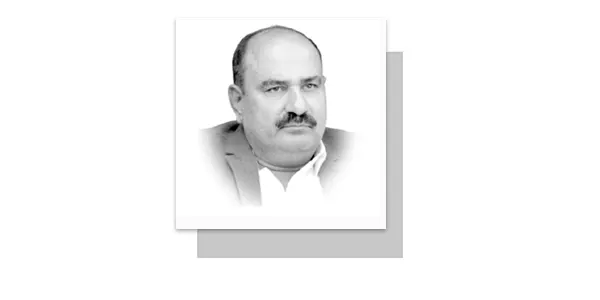IN the bustling streets of Pakistan, a silent struggle unfolds daily—one that pits the powerful against the powerless, the privileged against the common citizen. This battle is waged not with swords or guns, but with sirens blaring and escorts clearing the way. It is the struggle for equality on Pakistan’s roads, where the VIP culture reigns supreme, leaving the masses marginalized and frustrated.
For far too long, the people of Pakistan have been subjected to the tyranny of the elite, who commandeer the roads as their personal domain. Assistant Commissioners, Deputy Commissioners, Commissioners, and an array of other officials, along with their entourages, assert their dominance with impunity, leaving ordinary citizens at their mercy. The cacophony of sirens and the sight of convoys weaving through traffic have become all too familiar, symbolizing the stark divide between the powerful and the powerless.
The recent elections have only exacerbated this disparity, ushering in a new wave of rulers who demand an even greater share of the public space. Chief Ministers, Ministers, Advisors, and their relatives now join the ranks of the privileged, further entrenching the VIP culture in Pakistani society. As their sense of entitlement grows, so does the burden on the common citizen, who is left stranded in traffic jams or forced to wait on footpaths as the elite pass by in their luxury vehicles.
The impact of this VIP culture extends far beyond mere inconvenience—it is a blatant violation of the fundamental rights of the people. The right to use the roads, a basic freedom in any democratic society, has been hijacked by those who wield power and influence. Ordinary citizens are relegated to second-class status, their time and convenience sacrificed at the altar of the elite’s privilege.
The toll of this inequality is evident in the countless hours wasted in traffic, the missed appointments, and the lost opportunities. It is felt in the frustration and resentment that simmer beneath the surface, as ordinary Pakistanis are reminded daily of their inferior status in society. The VIP culture not only erodes trust in the government but also perpetuates a cycle of disenchantment and apathy among the populace.
But there is hope amidst the chaos, as the voices of dissent grow louder and bolder. The people of Pakistan refuse to be relegated to the sidelines any longer. They demand a government that serves the many, not just the few—a government that upholds the principles of equality and justice for all.
To achieve this vision, concrete steps must be taken to dismantle the VIP culture and promote equality on the roads. Firstly, specific routes and times must be designated for official convoys, minimizing disruption to the general public. A “right of way” system should be implemented, prioritizing the needs of ordinary citizens over the convenience of the elite. Moreover, investment in public transportation infrastructure is crucial to alleviate congestion and reduce wait times for all citizens.
Accountability is also paramount in ensuring that those who abuse their power and disrupt the public’s right to use the roads are held responsible for their actions. Transparency and oversight mechanisms must be established to curb corruption and prevent the misuse of authority for personal gain.
But the responsibility does not rest solely with the government—civil society also has a vital role to play in challenging the status quo. Grassroots movements and advocacy campaigns can raise awareness about the detrimental effects of the VIP culture and mobilize support for meaningful reform. By uniting in solidarity, ordinary Pakistanis can reclaim their rightful place on the roads and demand the respect and dignity they deserve.
In the quest for equality on Pakistan’s roads, there will undoubtedly be obstacles and resistance. But the struggle is not insurmountable. With perseverance, determination, and a collective commitment to justice, the people of Pakistan can overcome the entrenched forces of privilege and usher in a new era of inclusivity and fairness for all.
—The writer is former Regional Executive Inclusive Development at NBP, Mirpur AK.
Email: aahmadofpaswal@yahoo.com










